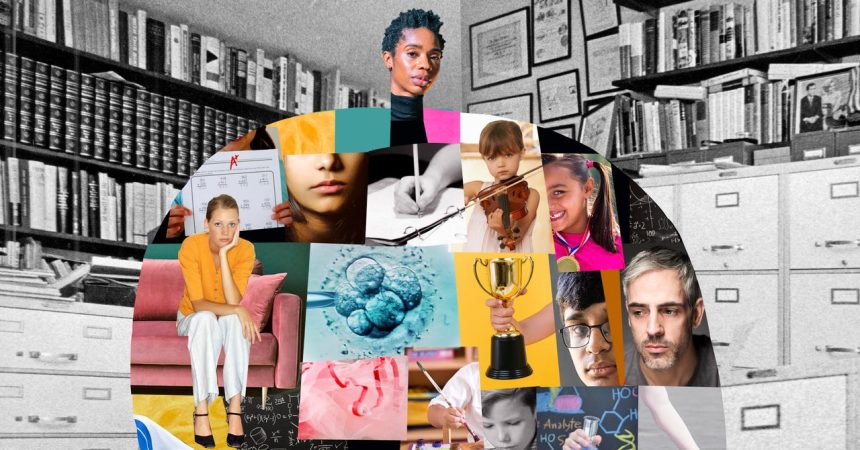The increasing prevalence of assisted reproductive technologies, particularly in vitro fertilization (IVF) and egg donation, has given rise to a unique set of familial challenges that extend beyond the initial joy of conception. These families, often driven by a strong desire for biological children, sometimes navigate complex emotional landscapes shaped by high expectations, genetic uncertainties, and the evolving understanding of identity in a world of readily available DNA testing. A recurring theme in these families is a pervasive pressure to achieve, creating an environment where children may feel perpetually inadequate and conditionally accepted. This performance-based dynamic can be particularly damaging when coupled with unforeseen challenges such as learning differences, autism, or health issues stemming from premature birth, a historically higher risk associated with IVF.
The introduction of third-party genetic material through egg donation further complicates the parent-child relationship. The discovery of a donor’s psychiatric history, for instance, can cast a long shadow over a child’s life, leading to stigmatization and a sense of predetermined destiny. This situation underscores a critical gap in the pre-conception counseling process: the need for prospective parents to fully grasp the permanence of parenthood and the impossibility of “test-driving” a child. The child, in turn, may grapple with feelings of being an experiment, yearning for unconditional acceptance and understanding that often remains elusive within a family dynamic focused on achievement and predetermined expectations.
The absence of a consistently supportive and empathetic caregiver leaves these children feeling fundamentally different and misunderstood. This lack of validation can hinder their emotional development and create a sense of isolation within their own families. Therapeutic intervention often focuses on helping both parents and children accept the realities of their situation. For parents, this means embracing the child they have, rather than the child they envisioned. For children, it involves coming to terms with their parents’ limitations and striving to build a less damaging relationship, or in some cases, creating a life independent of their biological family.
Many families utilizing assisted reproduction include neurodiverse individuals, requiring specialized support to navigate the complexities of interpersonal relationships. Therapists often find themselves explaining fundamental concepts, such as the distinct individuality of parent and child, or translating abstract notions like “love” into concrete terms that resonate with a neurodiverse individual’s experience. These interventions aim to bridge communication gaps and foster a deeper understanding between family members. The goal is to create a more accepting environment where differences are acknowledged and valued, rather than viewed as deviations from a predetermined ideal.
The rise of at-home DNA testing services like 23andMe has introduced another layer of complexity to these families, particularly for children conceived through egg or sperm donation. Teenagers are increasingly connecting with half-siblings across the globe, often revealing a complex web of donor-sibling relationships. The varying experiences of these connections – some positive, some negative – pose unique challenges for parents, especially when multiple children have different donors. The seemingly simple question of who to invite for Thanksgiving becomes fraught with emotional landmines, highlighting the intricate family dynamics created by assisted reproduction in the age of readily accessible genetic information. The pursuit of specific traits through donor selection – a “sporty son” or an “artsy daughter,” for example – further complicates these reunions, as children grapple with the implications of their parents’ choices and the diverse outcomes of those decisions.
Mothers in these families often bear the brunt of managing expectations and maintaining a semblance of harmony, a burden that can be overwhelming. Fathers, too, face challenges, often stemming from a disconnect between their analytical worldview, perhaps honed in fields like finance, and the unpredictable nature of human behavior. The initial drive for control, a common characteristic in individuals who pursue assisted reproduction, clashes with the reality of raising children who possess their own unique personalities and trajectories. The attempt to mold a child into a preconceived ideal often leads to disappointment, rebellion, or both. While some children may conform to these expectations, those families rarely seek therapeutic intervention, leaving a skewed perspective on the prevalence of successful “child engineering.” The fundamental lesson remains: acceptance and unconditional love are far more effective parenting tools than control and predetermined expectations.



